PLAY International is committed to changing representations and behaviours regarding disability. In France, about 12 million adults and children (18.5% of the population) are affected by at least one disability (according to an INSEE survey, 2015). Although our society is moving towards awareness, barriers remain in the inclusion of these people, particularly because of the representations and stereotypes associated with them. This issue represents a major social challenge in our society, which is why PLAY International treats disability through the Playdagogy method.
Since 2014, an ambitious project has been launched to address the issue of disability through the practice of sports games and prevention sessions for children aged 6 to 12. The project is structured around 3 axes targeting different audiences, with specific objectives.
a change of perspective on disability
In terms of prevention, people - and in particular children - must be encouraged to better understand concepts related to disability, but also to show empathy towards people with disabilities. This contributes to a change of perspective and promotes more inclusive behaviours towards people with disabilities.
A teaching kit "Changing the way we look at disability" has been prepared for professionals who supervise children aged 6 to 12 who do not have a disability. It has been deployed in the extracurricular sector, and includes various sessions addressing the concepts of inclusion, equity, disability and compensation. In 2018, this content was reintroduced following feedback from professionals who had set up the sessions since the program's inception.
Training courses for professionals in the extracurricular sector were held throughout the year in different regions of France. New partnerships have been set up on the basis of this programme, such as the city of Villeurbanne (69), where the issue of disability is anchored in the priority axes of the territorial educational project. These training sessions are essential to better understand this potentially sensitive topic.
An online training module is now available to practitioners registered on the e-learning platform. They will be able to familiarize themselves with the method and consolidate their knowledge acquired on the subject during their initial training.
THE ACCEPTANCE OF DISABILITY
The second part of the programme is aimed at a public with a disability. On the occasion of a partnership with the Sauvegarde du Nord and professionals from the ITEP (Institut Thérapeutique Educatif et Pédagogique) of Lambersart (59), a new kit on the theme of "Managing emotions" was proposed. Seven Playdagogy sessions and a thematic sheet, the result of several days of co-creation, provided professionals in these structures with pedagogical and innovative solutions for working with children with behavioural disorders. The sessions of this kit were set up in 2017, during the Playground with ULIS class children or placed in ITEP but also throughout the school year, within the ITEP of Lambersart.
inclusive education
The third component of the programme concerns the inclusion of children from ULIS classes in regular classes. The Playdagogy method, combined with Adapted Physical Activity sessions, seems relevant to promote a change of perspective on disability and inclusion between groups of children from so-called ordinary classes and ULIS.
The creation of two kits on this model is currently underway to be developed for inclusive children with cognitive function disorders: one more specific to intellectual disability, the other treating attention disorders with or without hyperactivity.
Our goal is to allow all children to participate in the same PSE sessions within the school.
Continue to work for inclusion
PLAY International thus extends its field of intervention to new audiences, by working with ULIS and ITEP, the NGO is anchoring itself in the disability sector by continuing the development of the disability programme on 3 axes:
- Prevention for children without disabilities
- Raising awareness among children with disabilities
- Inclusion of all by promoting the mixed practice of socio-sport sessions
PLAY International is planning, in the near future, a partnership with the French Federations Handisport and Sport Adapté, as well as an association with the ERASMUS + Sport programme to support a more effective inclusion of people with disabilities in our European societies.
Together for an inclusive society
PLAY International's special thanks go to Malakoff Médéric for his support in developing the Playdagogie Handicap programme, which aims to take disability into account for an inclusive society.
Many thanks also to all the institutional and operational partners who participated and contributed to the deployment of this programme.
 FR
FR EN
EN